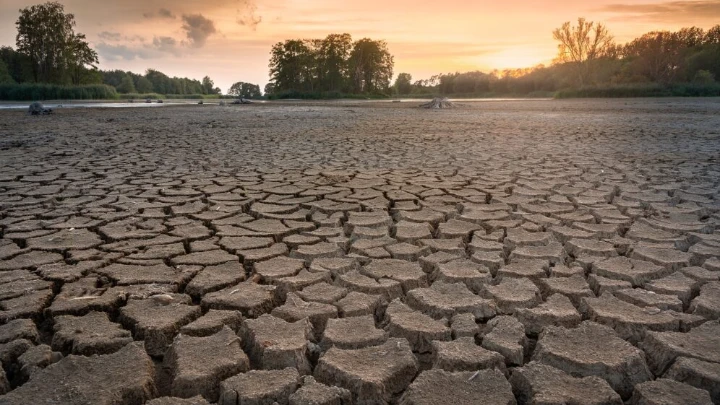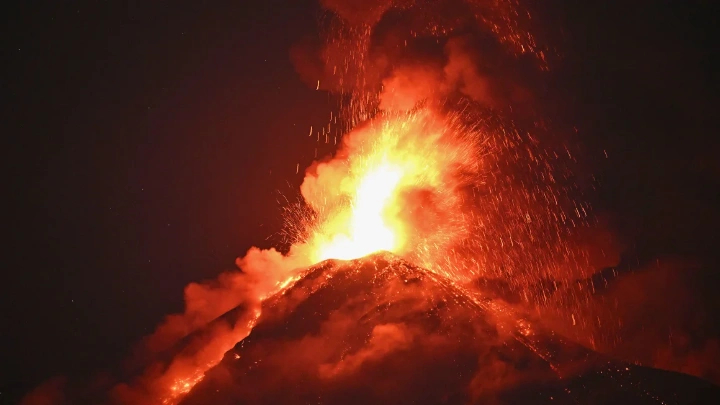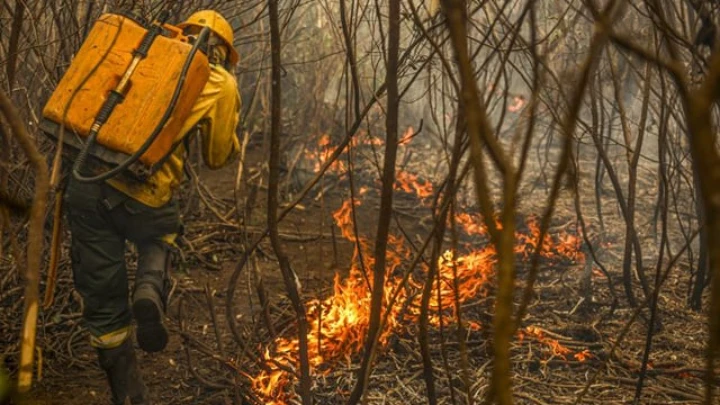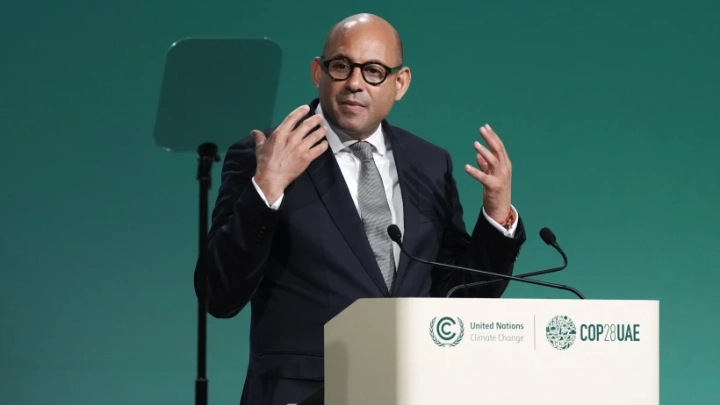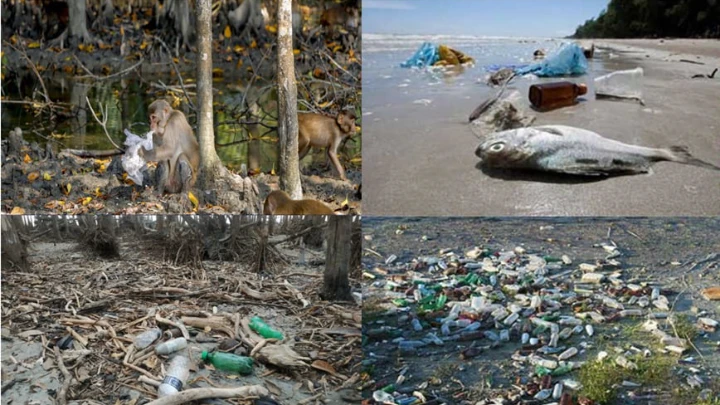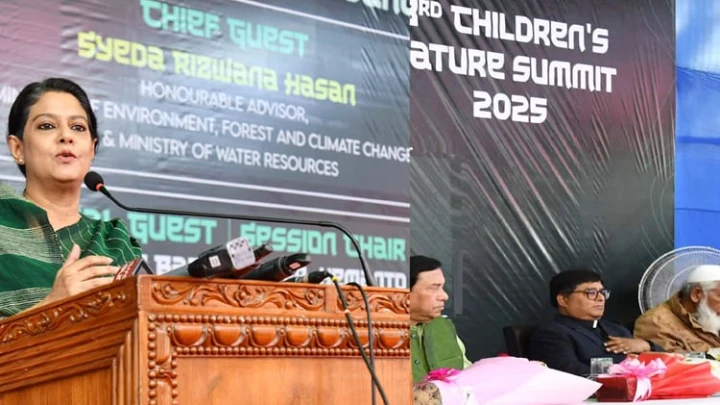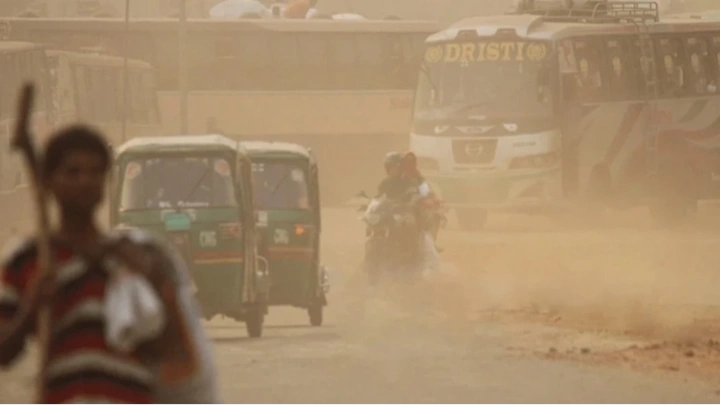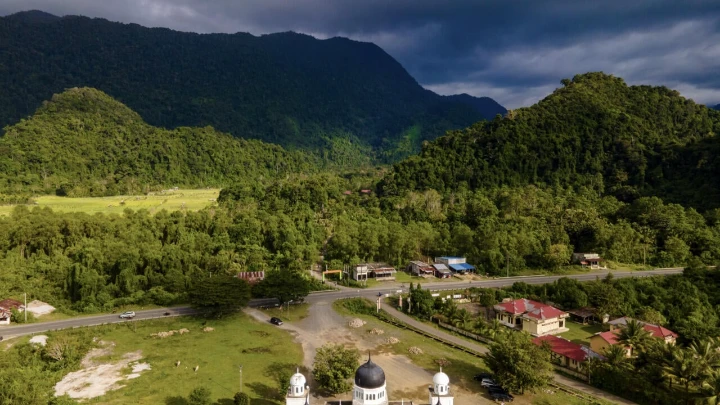El Nino not climate change driving southern Africa drought: study
AFP || Shining BD
A drought that pushed millions of people into hunger across southern Africa has been driven mostly by the El Nino weather pattern -- not climate change, scientists said on Thursday.
Zambia, Zimbabwe and Malawi have declared a national disaster over the severe dry spell that started in January and has devastated the agricultural sector, decimating crops and pastures.
Appealing for almost $900 million in aid this week, Zambia's President Hakainde Hichilema linked the lack of rains to climate change.
But scientists at the World Weather Attribution (WWA) research group found global warming had little to do with it.
"Over the past year, attribution studies have shown that many extreme weather events have been driven by a combination of both climate change and El Nino," said Joyce Kimutai, of Imperial College London.
"The southern Africa drought appears to be a rarer example of an event fuelled primarily by El Nino."
In a study focusing on Zimbabwe, Botswana, Zambia and Mozambique, researchers analysed historical weather data for the period from December to February -- the peak of the rainy season.
They found rainfall has actually increased in the region as the planet warms.
But effective precipitation has remained the same, likely because higher temperatures lead to more water evaporation, they said.
On the other hand, El Nino, a recurring natural weather phenomenon, brought fewer showers, increasing the likelihood of severe droughts, the data showed.
"Together, the results indicate that El Nino, rather than human-caused climate change, was the main driver of the southern Africa drought this year," the group said.
El Nino corresponds to the large-scale warming of surface temperatures in the central and eastern equatorial Pacific Ocean.
It occurs on average every two to seven years, leading to hotter weather globally.
Episodes typically last nine to 12 months.
The current El Nino emerged in mid-2023 and is expected to affect temperatures until May.
Earlier this month, aid agency Oxfam said more than 20 million people faced hunger and malnutrition across southern Africa because of the drought.
Water shortages, particularly in Zambia and Zimbabwe, have also fuelled outbreaks of cholera and other waterborne diseases, according to WWA.
Shining BD

